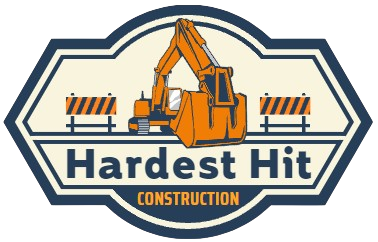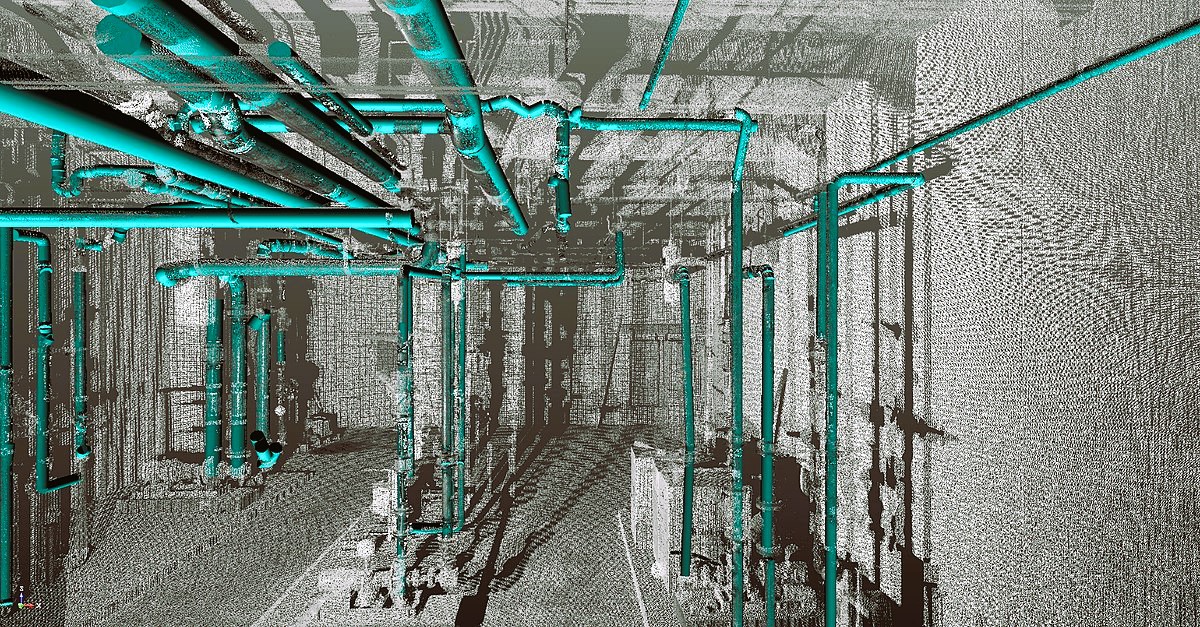Construction project scheduling is a critical aspect of project management, ensuring that tasks are completed efficiently, resources are utilized optimally, and the project is delivered on time. In this comprehensive guide, we will delve into the key steps involved in mastering construction project scheduling, providing a roadmap for project managers and teams. From understanding the fundamentals to leveraging advanced scheduling tools, this guide aims to equip professionals with the knowledge to streamline the scheduling process and enhance overall project success.
Fundamentals of Construction Project Scheduling:
- Define Project Scope:Before diving into scheduling, a clear understanding of the project scope is essential. Define project objectives, deliverables, and constraints. This forms the foundation for developing a comprehensive schedule.
- Work Breakdown Structure (WBS):Break down the project into smaller, manageable components through a Work Breakdown Structure. This hierarchical decomposition provides a visual representation of the project’s tasks, facilitating better organization and planning.
- Identify Dependencies:Determine the relationships between different tasks. Dependencies can be categorized as finish-to-start, start-to-start, finish-to-finish, or start-to-finish. Recognizing these relationships is crucial for accurate scheduling.
- Estimate Task Durations:Accurate estimation of task durations is a cornerstone of effective scheduling. Consider historical data, expert opinions, and any relevant industry benchmarks when estimating how long each task will take.
- Resource Allocation:Identify the resources required for each task, including labor, equipment, and materials. Ensure that resources are available when needed and are allocated efficiently to avoid bottlenecks.
Choosing a Scheduling Method:

- Gantt Charts:Gantt charts offer a visual representation of tasks over time. They are easy to understand and widely used in construction project scheduling. Gantt charts help project managers and teams grasp the project timeline, dependencies, and critical path.
- Critical Path Method (CPM):CPM is a mathematical algorithm that identifies the critical path of a project. The critical path represents the sequence of tasks that determines the project’s minimum duration. Understanding the critical path is crucial for managing project timelines effectively.
- Program Evaluation and Review Technique (PERT):PERT is a probabilistic approach to scheduling that considers three time estimates for each task: optimistic, most likely, and pessimistic. PERT is particularly useful when dealing with uncertain task durations.
- Lean Construction Scheduling:Lean construction scheduling aims to minimize waste and optimize efficiency. Techniques such as Last Planner System (LPS) and Pull Planning are employed to enhance collaboration and reduce delays.
Advanced Scheduling Tools:
- Project Management Software:Utilize project management software to streamline scheduling processes. Tools like Microsoft Project, Primavera P6, and Smartsheet offer features for creating Gantt charts, resource allocation, and tracking progress.
- Building Information Modeling (BIM):BIM integrates 3D modeling with scheduling, providing a visual representation of the project. This technology allows for better coordination and communication among project stakeholders.
- Real-Time Collaboration Platforms:Embrace collaboration platforms that enable real-time communication and information sharing among team members. Cloud-based solutions facilitate collaboration, especially in projects with distributed teams. Read about the role of artificial intelligence in construction planning in our article.
Monitoring and Controlling the Schedule:
- Regular Progress Tracking:Monitor project progress regularly to identify any deviations from the planned schedule. Implement a system for tracking completed tasks, identifying delays, and assessing resource utilization.
- Earned Value Management (EVM):EVM is a performance measurement technique that integrates scope, schedule, and cost to assess project performance. It helps project managers evaluate if the project is on track in terms of time and budget.
- Schedule Compression Techniques:Implement schedule compression techniques such as crashing or fast-tracking when faced with unexpected delays. These methods aim to bring the project back on schedule without compromising quality.
Best Practices for Effective Construction Project Scheduling:

- Risk Management:Identify potential risks that could impact the schedule and develop contingency plans. Proactively addressing risks can mitigate their impact on the project timeline.
- Stakeholder Communication:Maintain open and transparent communication with stakeholders. Keep them informed about the project schedule, progress, and any changes to the timeline.
- Flexibility in Scheduling:Build flexibility into the schedule to accommodate unforeseen circumstances. This ensures that the project can adapt to changes without causing major disruptions.
- Continuous Improvement:Regularly review and analyze the scheduling process. Identify areas for improvement and incorporate lessons learned into future projects.
Resources for Construction Project Scheduling:
For comprehensive information on construction project scheduling, readers are encouraged to explore resources provided by Canada.ca. These platforms offer valuable insights into construction management practices, industry standards, and guidelines for effective project scheduling.
Conclusion:
Mastering construction project scheduling requires a combination of foundational knowledge, strategic planning, and the use of advanced tools. By understanding the fundamentals, choosing appropriate scheduling methods, leveraging technology, and implementing best practices, project managers can navigate the complexities of construction projects more effectively. As the construction industry evolves, embracing innovative scheduling techniques and continuous improvement will be crucial for achieving project success within timelines and budgets.




